An exercise stress test using a sophisticated cardiac echo machine. We initially attached you to an ECG (we may need to shave hair off your chest to do so). We then take detailed ultrasound pictures of the heart before exercise. After the initial cardiac ultrasound, you will be asked to exercise on a treadmill which usually involves a maximum of walking quickly up a hill – the degree of exercise is graded to suit the person’s ability. Please note for ladies, that you will unfortunately not be able to wear a bra, we will make every effort to cover you with a gown provided. After the treadmill, we repeat a limited cardiac ultrasound to compare these images with those taken at rest. In our Bass Coast locations, we use a bike as the form of exercise instead of a treadmill.
We do not require you to be particularly fit – the test is designed to suit the individual’s needs.
After the test, the cardiologist will sit down with you to discuss the results and any additional follow up that is required.
How to Prepare
• Please bring your referral (if you were given one) to the test and give it to a staff member.
• Adequate footwear for walking quickly on a treadmill
• Although we will provide gowns to cover the chest while exercising – ideally wear shorts / exercise pants from the waist down.
• Be aware we will need access to your chest to perform the ECG component and to take the ultrasound pictures of the heart.
• Please do not apply any creams/moisturisers to the chest prior to the test.
How Long Does It Take?
Anticipate a total of approximately 45 minutes including preparation time, the test itself and a follow up discussion afterwards about the result. The treadmill/exercise component usually only takes up to approximately 8 minutes.
Why Do We Do It?
Stress echo is a sophisticated test. At Total Cardiovascular Care we have experienced cardiac sonographers, cardiologists who are specialised in stress echo testing and top of the line equipment.
The test is often utilised to assess for the cause of symptoms like chest pain, breathlessness and dizzy spells. The primary focus is to assess for severe heart (coronary) artery narrowings not by seeing them directly but by assessing the different areas of the heart muscle’s response to exercise. All areas of the heart muscle should increase their pumping function and if they don’t – this may suggest a severe narrowing in the heart artery supplying that particular section of the heart muscle. Besides the heart pumping function, stress echo can also assess for the heart valvular function as well as the pressures in the heart before and after exercise.
Pontential Complications
The test itself carries no risk more than pushing yourself physically at home. The quoted rate of a major complication, including heart attack, is 1 in 10,000.
